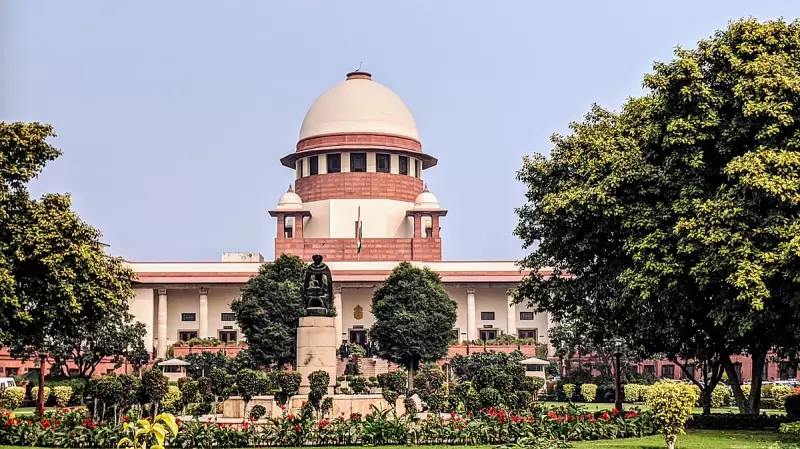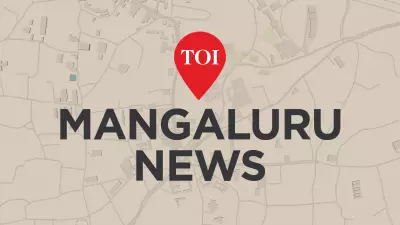
The Supreme Court of India has set November 17 as the crucial hearing date for addressing the pressing issue of unpaid salaries for Sahara group employees. This development comes as thousands of workers continue to face financial hardship due to delayed wage payments.
Legal Proceedings and Court Directives
During recent proceedings, the Supreme Court bench issued significant directives to multiple parties involved in the long-standing legal battle. The court formally asked the Central government, market regulator SEBI, and the amicus curiae to submit their responses regarding the applications filed by Sahara firms seeking permission to disburse pending salaries to their workforce.
The bench emphasized the urgency of resolving the salary payment issue, recognizing the severe impact on employees and their families. The court's intervention marks a crucial step toward potentially unlocking funds specifically for employee compensation amidst the complex legal framework governing Sahara's assets.
Background of the Sahara-SEBI Legal Battle
The current hearing represents another chapter in the protracted legal confrontation between the Sahara Group and the Securities and Exchange Board of India. The dispute originated from SEBI's allegations that two Sahara companies raised funds through optionally fully convertible debentures in violation of regulatory norms.
Over the years, the case has seen multiple Supreme Court interventions, including the establishment of a refund mechanism for investors. However, the recent applications focus specifically on addressing the humanitarian aspect of employee welfare rather than the broader corporate governance issues.
Impact on Sahara Employees
Thousands of Sahara employees across India have been affected by the salary delays, with many facing extreme financial distress. The November 17 hearing represents a beacon of hope for these workers who have been awaiting resolution of their payment issues.
The Supreme Court's decision to prioritize this matter demonstrates the judiciary's awareness of the human cost underlying corporate legal battles. Employees have been seeking court intervention for months, arguing that their livelihoods should not be collateral damage in the ongoing dispute between Sahara and regulatory authorities.
As the legal teams prepare for the November 17 hearing, all eyes will be on the Supreme Court's directions regarding the release of funds for salary payments. The outcome could set an important precedent for handling employee welfare in similar corporate legal disputes while maintaining regulatory compliance.





